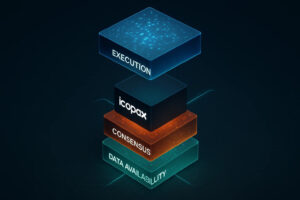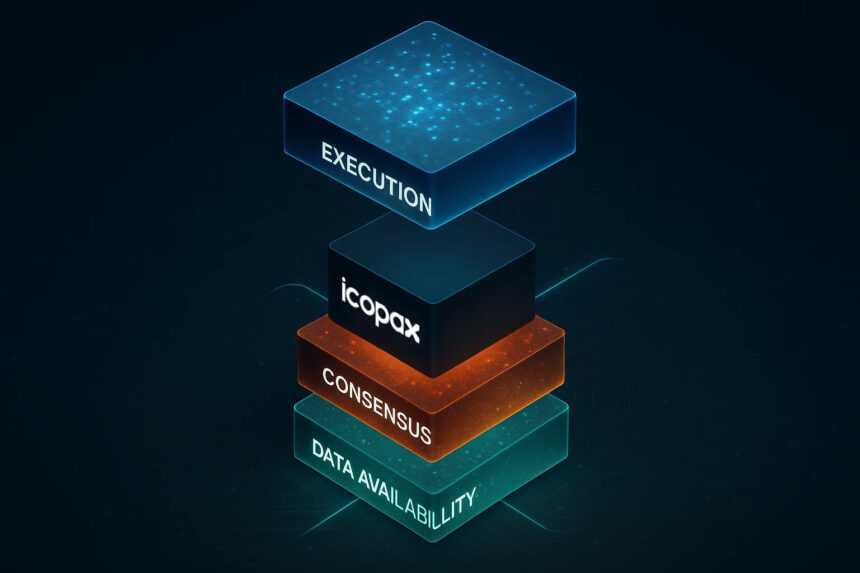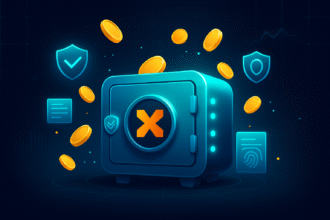
Nowadays, a lot of people are into crypto, as well as blockchain technology as a whole. If you have been researching about crypto, you may have come across the term modular blockchain. It may sound complicated, but it’s actually a simple idea that could solve some big problems in the crypto world. In this post, we’ll break down what modular blockchain means. In addition we’ll look at why scalability is so important for crypto and why modular blockchains might be the answer in this regard.
What is Modular Blockchain?
First, let’s quickly remember what blockchain is. Think of it as a digital ledger, like a notebook that keeps track of every transaction or action on a network. Most blockchains today are monolithic, which means everything happens all in one place. This includes recording transactions, checking they’re valid and keeping the system secure.
Modular blockchains, on the other hand, breaks this process into parts. Instead of one big system doing everything, different parts handle different jobs separately. Imagine a factory where different stations handle different tasks instead of one worker trying to do everything alone. This division of labor makes the whole process smoother and faster.
Why is Scalability Important?
There are some ways that modular blockchain technology can improve scalability. But, why should we care about this? Why is scalability important in crypto?
Basically, the crypto industry is growing fast, with more people using blockchain every day. However, most blockchains have a limit on how many transactions they can handle at once. This makes them kind of like a busy highway getting clogged during rush hour.
This limit on handling lots of transactions is related to scalability. Good scalability means the blockchain can support many users and transactions without slowing down or getting expensive.
When blockchains struggle with scalability, transactions can become slow and costly. This isn’t great if you want to use crypto for everyday stuff like buying coffee or sending money quickly.
Why Modular Blockchain Matters for Scalability
Scalability is where this type of blockchains really shine. By separating the work into different modules, each part can specialize and work more efficiently. For example, one module might focus just on checking transactions, while another keeps everything secure. Meanwhile another one organizes the order of transactions.
Because these modules handle smaller jobs, the system can process many transactions at once without getting bogged down. It’s like having a team of specialists rather than one person doing all the tasks. This way things can get done faster and better.
Modular blockchains can also adapt and grow more easily. If one part needs an upgrade to handle more transactions, it can be improved without disrupting the whole system.
Use Cases for Modular Blockchain
So, where can modular blockchains be used? Here are some simple examples:
- Payments and Money Transfers: Faster and cheaper transactions make it easier for people to send money to friends, family or businesses anywhere in the world.
- Decentralized Apps (DApps): Apps that run on blockchain need to be fast and reliable. Modular blockchains help them work smoothly, even if lots of people use them at once.
- Digital Identity: Keeping personal information safe and easy to verify online is important. Modular blockchains can help manage secure identities without delays.
- Supply Chain Tracking: Companies can track products as they move from factory to store. Modular blockchains can handle lots of data quickly, making it easier to spot problems or fraud.
- Gaming: Online games that use blockchain for in-game items or currencies need fast, low-cost transactions to keep players happy. Modular blockchains can support that.
These are just a few ways modular blockchain technology can make things better for users and businesses alike. Find more news about crypto and blockchain on ICOPAX Blog.








